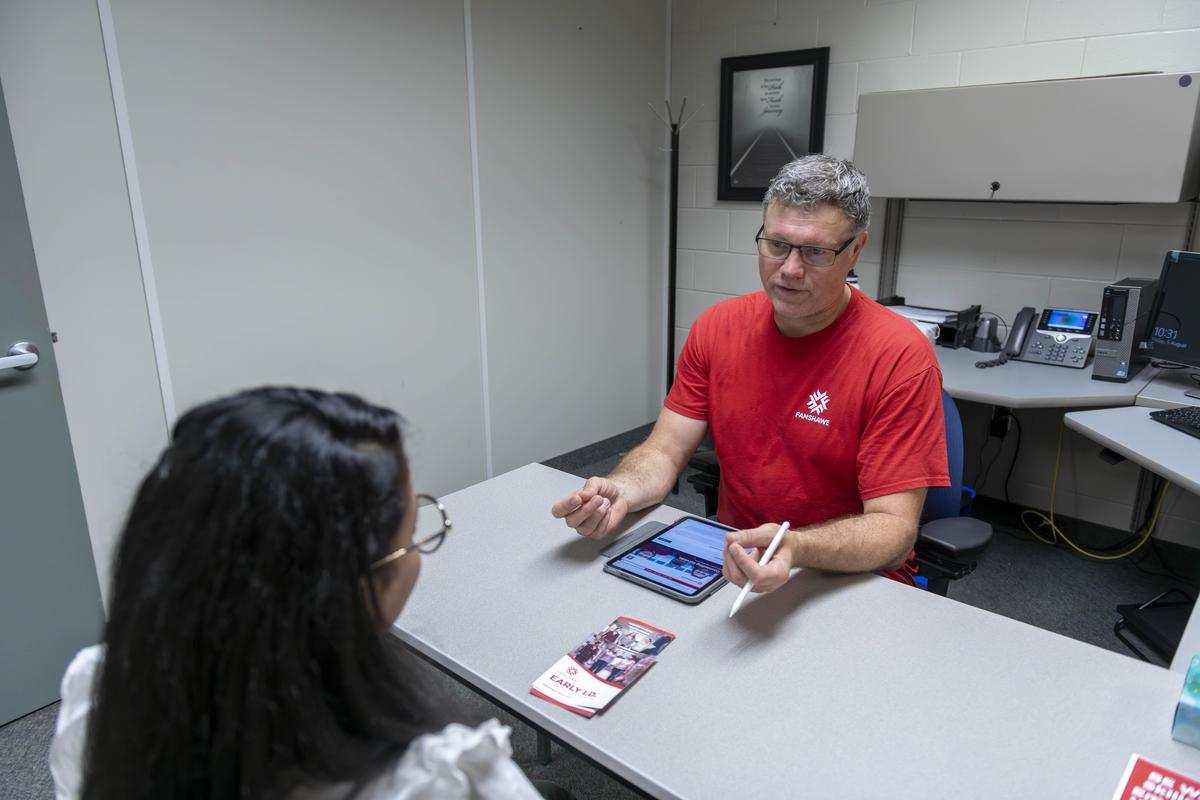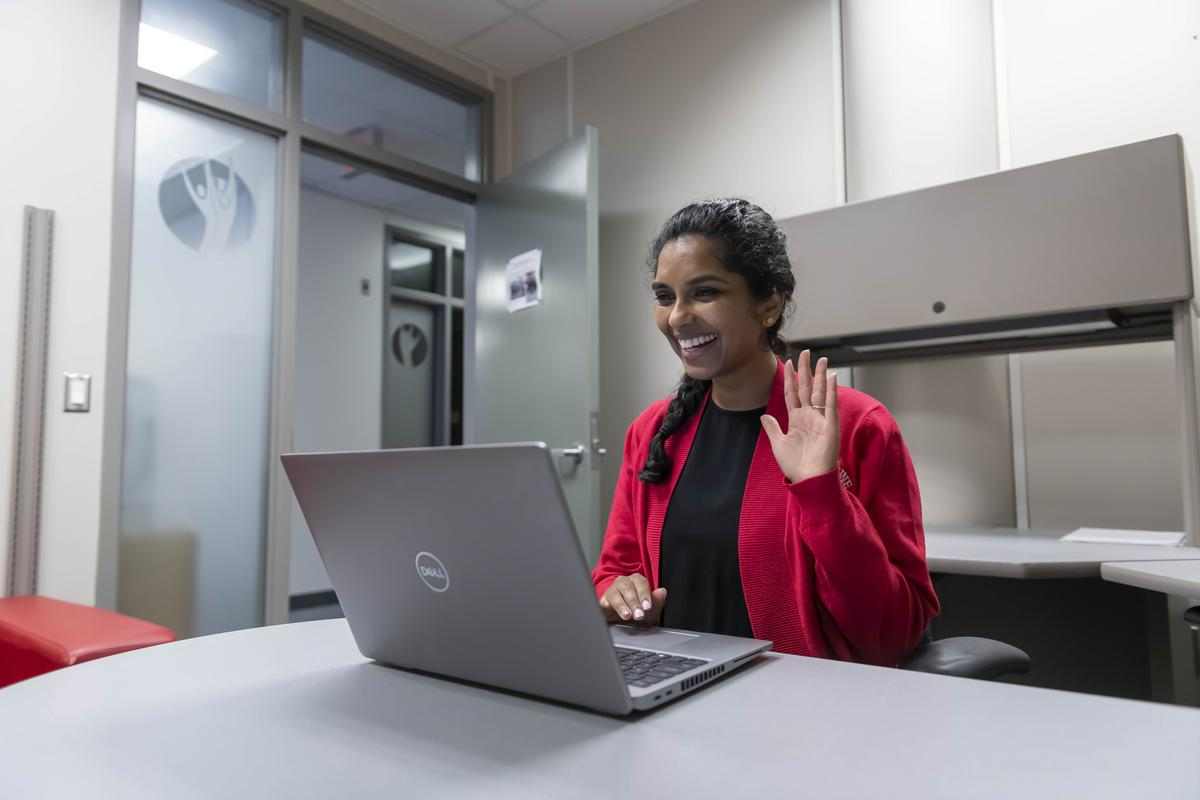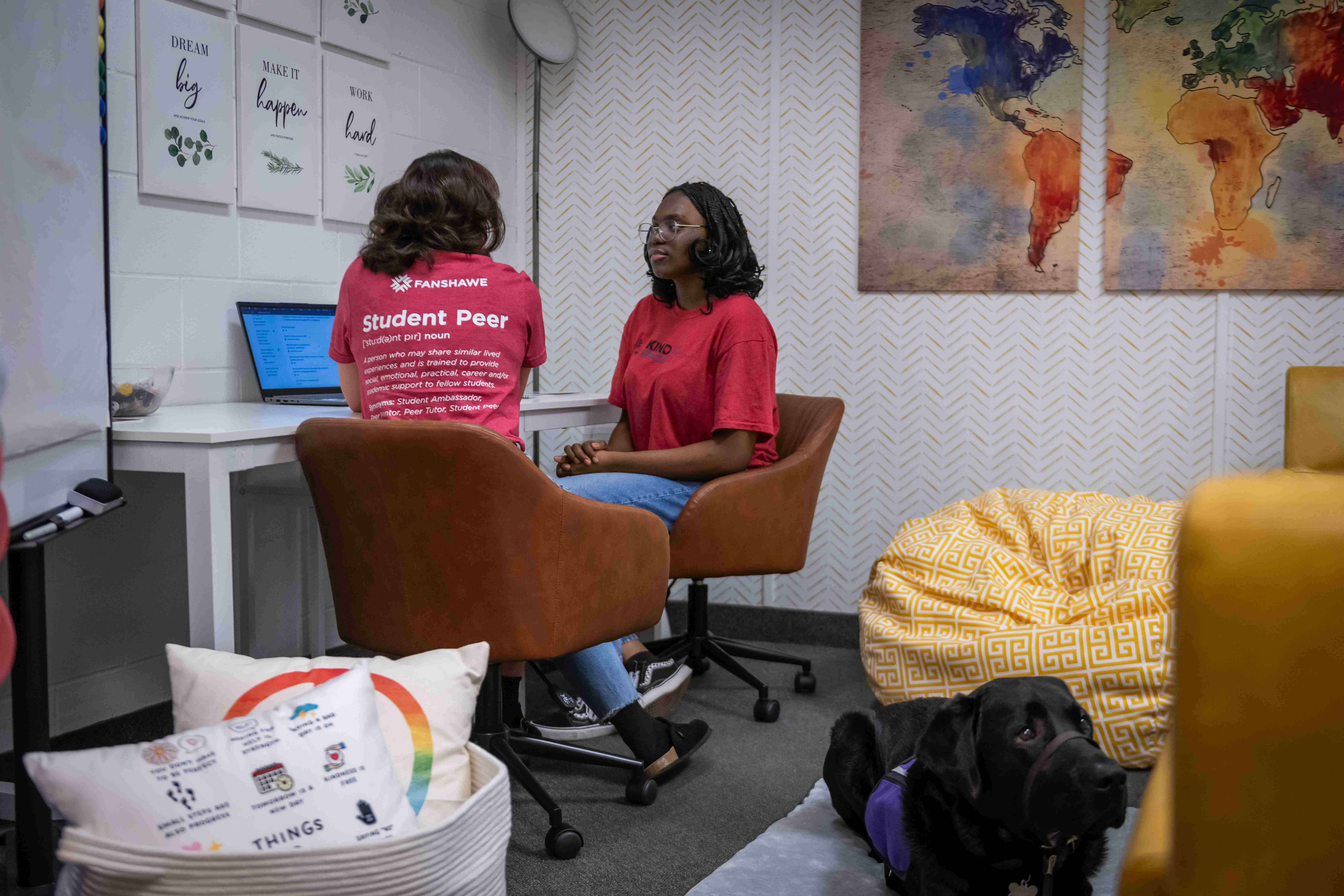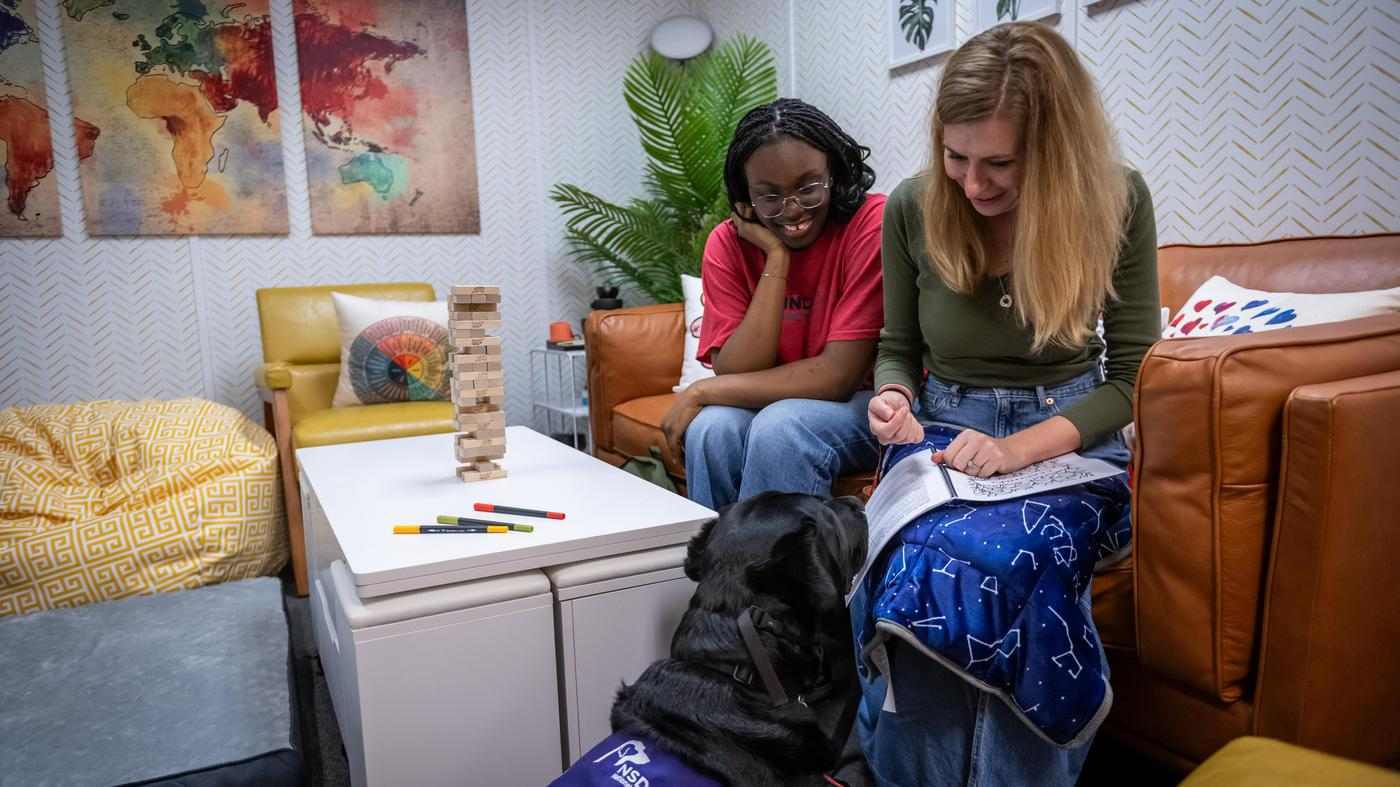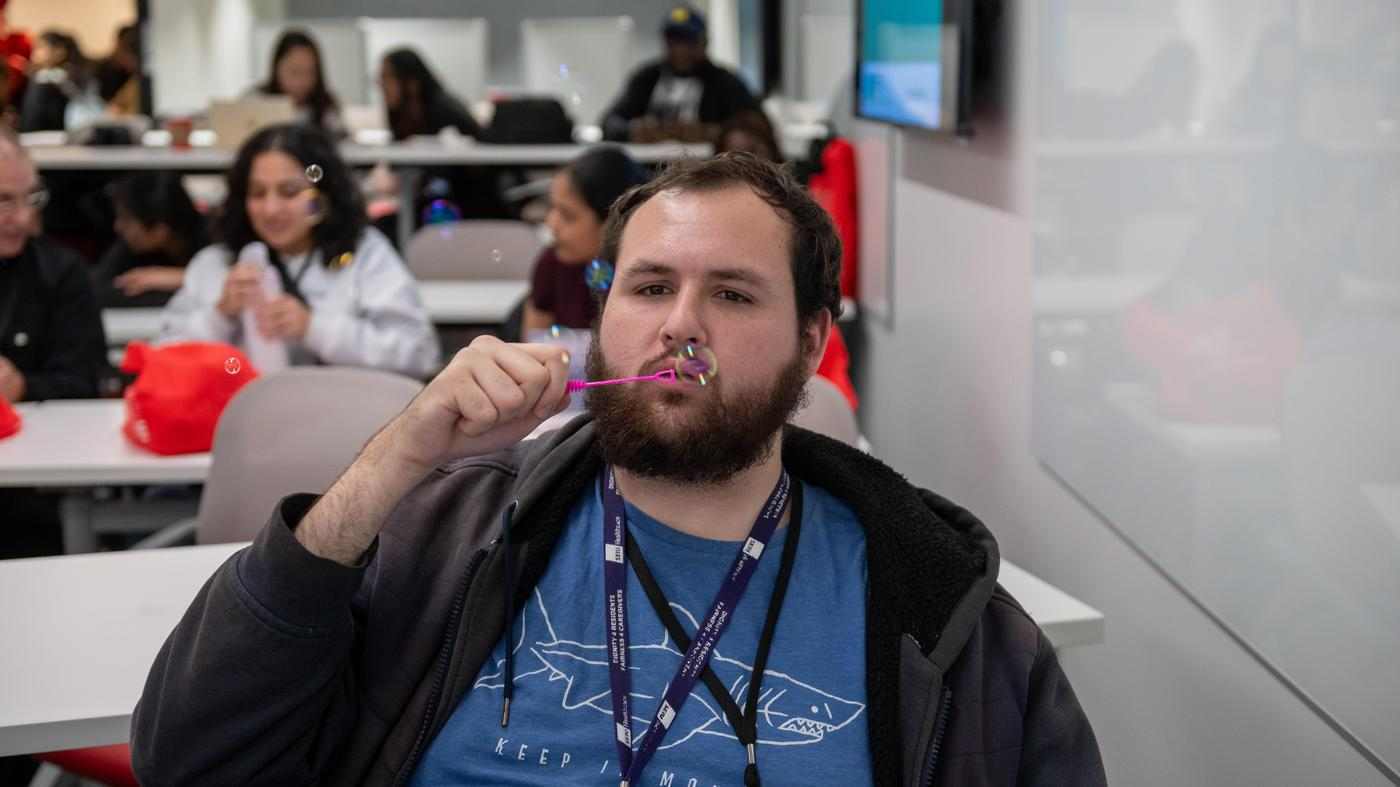Counselling Services
WHEN YOU NEED TO TALK, WE'RE HERE FOR YOU
It’s okay to not feel okay. Our Counselling team is here to help you clarify your needs, explore solutions, and support your academic and personal goals.
Our professionally trained counsellors can assist with mental health, substance use, relationships, and other concerns that may affect your success. We provide a confidential space to discuss any topic and, if needed, connect you with additional college or community resources for ongoing care.


